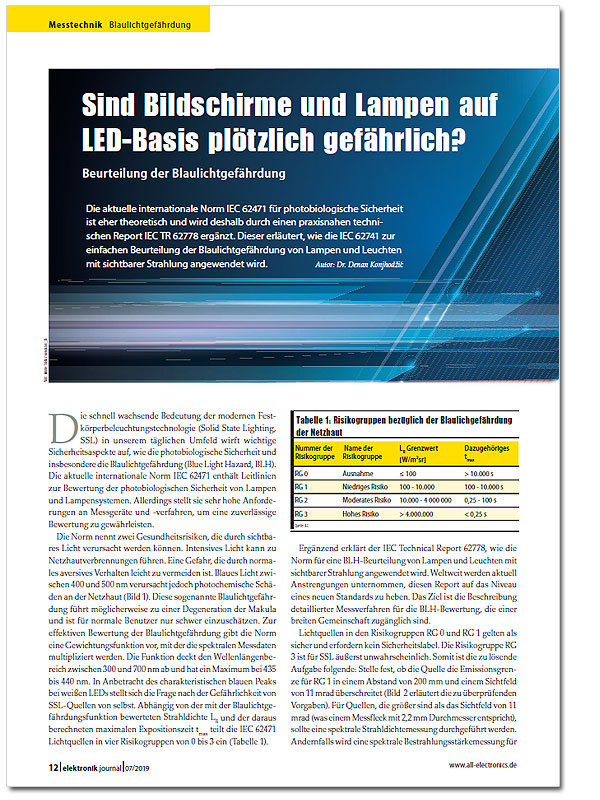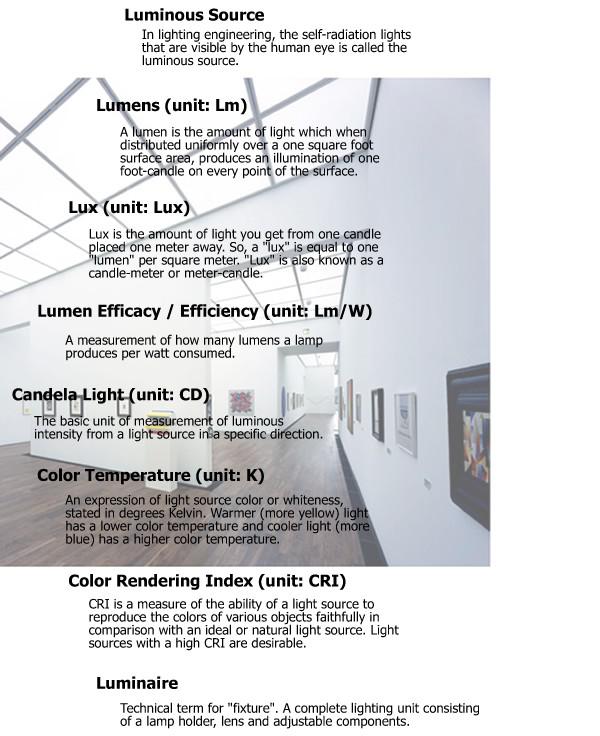Discovering What Metal Attracts Lightning the Most: A Comprehensive Guide to Understanding Lightning Attraction
#### Introduction to Lightning and Its FascinationLightning is a natural phenomenon that has captivated humanity for centuries. The sheer power and beauty o……
#### Introduction to Lightning and Its Fascination
Lightning is a natural phenomenon that has captivated humanity for centuries. The sheer power and beauty of a lightning strike can be both awe-inspiring and terrifying. But have you ever wondered what metal attracts lightning the most? Understanding the science behind lightning attraction can not only satisfy your curiosity but also help in making informed decisions about safety and construction in lightning-prone areas.
#### What Metal Attracts Lightning the Most?
When discussing what metal attracts lightning the most, the focus often falls on conductive materials. Metals like copper, aluminum, and steel are excellent conductors of electricity, making them prime candidates for attracting lightning. Among these, copper is frequently cited as the most effective metal in this regard. Its high conductivity allows it to channel the electrical energy of a lightning strike, reducing the risk of damage to structures.
#### The Role of Conductivity in Lightning Attraction

Conductivity is a critical factor when considering what metal attracts lightning the most. The better a metal can conduct electricity, the more likely it is to attract a lightning strike. Copper, with its superior conductivity, is often used in lightning rods and grounding systems to protect buildings and structures from the destructive force of lightning. By understanding the properties of different metals, we can better appreciate why certain materials are favored in lightning protection systems.
#### Why Lightning Rods Use Copper
When it comes to lightning protection, copper is the material of choice for lightning rods. These rods are designed to intercept lightning strikes and safely direct the electrical current into the ground. The use of copper in these systems is not arbitrary; it is based on extensive research and practical applications that demonstrate copper's effectiveness in preventing damage from lightning strikes. This is a prime example of how understanding what metal attracts lightning the most can lead to better safety measures.
#### Other Metals and Their Effectiveness

While copper is often highlighted, it is essential to consider other metals as well. Aluminum, for instance, is another popular choice for lightning rods, especially in large structures such as skyscrapers. Although aluminum is slightly less conductive than copper, it is lighter and more cost-effective, making it a viable alternative in many applications. Steel, while not as conductive as copper or aluminum, is still used in some lightning protection systems due to its strength and durability.
#### The Importance of Installation
Understanding what metal attracts lightning the most is only part of the equation. The installation and positioning of lightning rods are equally crucial. Properly installed lightning rods can significantly reduce the risk of damage to buildings and other structures. They must be strategically placed to ensure they provide the best possible protection, considering factors such as height, surrounding structures, and local weather patterns.
#### Conclusion: The Takeaway on Lightning Attraction

In conclusion, knowing what metal attracts lightning the most is vital for anyone involved in construction, safety planning, or simply curious about the science of lightning. Copper stands out as the most effective metal due to its high conductivity, but other metals like aluminum and steel also play important roles in lightning protection systems. By understanding the properties of these metals and the importance of proper installation, we can better protect ourselves and our structures from the unpredictable forces of nature. Whether you're a homeowner, builder, or simply fascinated by lightning, this knowledge can empower you to make informed decisions and enhance safety in lightning-prone areas.